Niall Quinn is one of Ireland’s favourite sports people.
He played 92 times for the Republic of Ireland, scored 21 goals for his country, making him the second highest Irish international scorer of all time, and is warmly regarded by fans of his former clubs Arsenal, Manchester City and Sunderland.
Adding lustre to Quinn’s reputation in Sunderland is the memory of his Testimonial in 2002 when he ensured that all proceeds – over stg£1 million went to charities in the North East and Ireland.
And yet, it could all have been so different if the teenage version of Quinn had heeded the words of former England scoring legend Malcolm MacDonald at Easter, 1982.
Quinn, big, strong, and an accomplished all-round sportsman, had a trial with Fulham, then in the old Second Division, who were managed by “Supermac”.
Niall recalled in his 2002 autobiography the moment when, at the end of the trial, MacDonald delivered his verdict. There was nothing subtle about it.
“Son,” said Supermac, “you’ve no future in football. Go home, get yourself a good education. Forget about this life. I wanted to call you in here to tell it to you straight. Man to man. See, there’s two ways of doing this. There’s the polite way and the truthful way. I’ll give it to you the truthful way, son.
“As long as you have a hole in your arse, you will never make a footballer.”
And just to round it off in surreal fashion, the Fulham boss handed a signed football to the young Dubliner whose dreams he had crushed.
“Here’s a souvenir of your time in football.”
Funny thing. Sports-mad Quinn did not waste too much time pondering on MacDonald’s dismissal of his potential in professional soccer.
It hurt, but thinking that door had closed, the lad from Perrystown in Dublin 12 forged ahead with his GAA commitments.
The son of a Tipperary hurling star of the Fifties, Billy Quinn, Niall was strongly rooted in Gaelic football and hurling. In 1983 he captained the Dublin Colleges Under-18 Gaelic football team on a tour of Australia. That summer Quinn also played on the Dublin Minor hurling side which won the County’s first Leinster title at that grade since 1965, and scored a personal tally of 3-5 against Wexford in the provincial final.
Unfortunately for Dublin, Galway broke their hearts by winning the All-Ireland final.
Next up for Niall was Leaving Cert year, but fate, in the form of Arsenal scout Bill Darby, the man who had brought David O’Leary, Frank Stapleton and Liam Brady to the Gunners in the Seventies, came calling to the Quinn house.
“Would you like to go to Arsenal for a trial?” he said. And after one week of what was to be a fortnight’s trial, Quinn was told the day after his 17th birthday, that the club wanted to sign him as a professional.
Farewell to his school at Drimnagh Castle. Farewell to Manortown United, his soccer club. Farewell to the GAA and farewell to Dublin. A new chapter was beginning in the Niall Quinn story.
Hard to believe that was nearly 40 years ago.
And heading for his 56th birthday on October 6, 2022, I sit down with The Mighty Quinn in the serene, elegant surroundings of The K Club to talk football, golf, and life.
First off, The K Club. He’s a huge fan, though it didn’t feel that way when Niall’s wife Gillian surprised him with a 50th birthday present of membership at the Straffan venue which hosted the Ryder Cup in 2006. The Quinns had moved to Straffan village and while Niall had been a member of Naas GC, The K Club was virtually on the doorstep.
Niall’s reaction was one of shock and awe… but definitely not a blueprint for the way a husband should accept a generous 50th birthday present from his beloved.
“What did you do that for?” was his first response.
Oops. It might have been less dangerous to stick his head into the flying boots of a penalty area, but Gillian knows her man and her judgement was vindicated.
“Now, I’m delighted,” said Niall. “At the time I was a bit uncertain because I didn’t know anyone here.
I’d heard it was a bit snooty, but in fact the opposite was the case.
“The members are great, they’re the heartbeat of the place. It’s a good fun place to be and we have two great golf courses.”
Since then, the Quinns have moved into The K Club and live on a property close to the Hotel. Niall is heavily involved in the club and was Captain for 2020 – a year that was unfortunately blighted by Covid.
“I came in as captain in the January of the first year of Covid in 2020. “Everything was frozen for a long time but we got the majors, if that’s what you’d like to call them, the Captain’s and President’s prizes, played.
“There were no big gatherings – just play, get in the car and get home. There was a bit of debate about me staying on a second year but there was a lovely man following me – Emilio Cirillo.
“Having him wait for 18 months was probably wrong, I felt, so he came in for 2021,” he said.
That year, 2020, also marked a turning point in The K Club’s history, as businessman Michael Fetherston completed his purchase of the property from Dr Michael Smurfit. Niall joined in 2016 when Dr Smurfit was the owner and he appreciates the significance of the former owner’s vision.
“Arnold Palmer designing both courses, that in itself is a huge thing. And for everything that happened here, such as the Ryder Cup, the Smurfit dynasty will always be applauded,” he said.
That said, Michael Fetherston’s investment and refurbishment of the facilities sets up The K Club for the next phase, including the return of the Horizon Irish Open in 2023, 2025 and 2027, and The Irish Challenge which returned to great acclaim this year and will be played again in 2024 and 2026.
“Michael has done some job. It’s a new era now. On top of reinvestment of money, there’s been an investment of fun.
“We’ve also got Seamus Power and Leona Maguire representing us on the world stage, so that’s great,” said Niall.
Getting back to football, the big man had an eventful and well-documented long career as a player. Niall was with Arsenal from 1983 to 1990, making 67 appearances and scoring 14 goals. He was on the Gunners team which won the League Cup in 1987.
A move North to Manchester City, then managed by Howard Kendall who paid £800,000 for his services in March 1990, brought Niall out of the shadows at Highbury where he had played second fiddle to the almost ever-present Alan Smith.
The Blues were the poor relations in Manchester during his six years at Maine Road but Niall did well for them, scoring 66 goals in 204 matches. His time there was blighted by a cruciate injury from which City decided he had not sufficiently recovered to join the Republic of Ireland at USA ’94.
Two years later he joined Sunderland whose manager Peter Reid paid a record £1.3 million for Quinn’s services. Just five games into the season, the dreaded cruciate struck again.
“So that was another wasted year,” said Niall. “I felt that people up there had given up on me, I suppose, because I’d done my second cruciate at 30 years of age.”
The Black Cats ended up being relegated in 1996-97 but redemption finally came in 1999 when the potent partnership of Quinn and Kevin Philips up front helped power Sunderland back into the Premier League via the play-offs.
On the international scene, Quinn went all the way through from his debut in 1986 to the 2002 World Cup in Japan and Korea, a trip dominated by the Roy Keane exit saga.
Recently, the 20-year anniversary sparked a plethora of articles and talking points in the media.
“Do you know what I found? I saw a bit of it, but everything I read was by somebody who wasn’t there. The narrative that’s out there now was provided by people who weren’t there. I kind of got tired of it very quickly.
“There was a few articles done in the one week, and the author of each article, some of them were babies at the time, but they knew it all. So, I was there. It happened. It shouldn’t have happened but it did. It was a long time ago. I’ve moved on from all that a long time ago,” said Niall.
If he thought the summer of 2002 was dramatic, Niall found that the Autumn of that year brought an unexpected and sudden departure from the game.
“We had a difficult start to the season and the club sacked Peter Reid in October.
“Howard Wilkinson came in and he told me he didn’t want me, but that if I “stayed quiet” he’d let me go on a free transfer in a few weeks’ time.
“I got thick about it. Instead of waiting around I said ‘I’ll go now. I’ve had enough’.
“I went home and told Gillian that day, ‘come on, we’re going back to Ireland’. And that was my preparation for retirement, which was awful,” he said.
Reality without football soon proved difficult. In the past he has spoken of “dark days,” of waking up on mornings without a purpose when, for almost 20 years, he had a schedule dictated by the needs of football.
“A lot of people couldn’t handle the end of their career. We were never told what was coming down the line.
“You could put a few quid away and think “I’m ready,” but when you’ve nothing to jump out of bed for, and the pat on the back, people saying ‘well done’ and recognising you, all of that stops, it’s hard.
“You’re kind of an imposter in the real world. You’re lost a bit. Some people handle it better than others.
“I was all right eventually. Gillian kicked me up the backside, and going back to Sunderland for six years, that sorted it all out it for me. Suddenly I had a purpose again,” said Niall.
Returning to Sunderland as chairman as part of the Drumaville Consortium of Irish businessmen who bought Sunderland did not happen until 2006.
Meanwhile, golf played a big part in giving Niall a sporting outlet. He joined The Heritage in Killenard, where owner Tommy Keane had persuaded the great Seve Ballesteros to design a championship-standard course.
Niall became an avid golfer. Under the guidance of The Heritage pro, Eddie Doyle, he went from 11 to two handicap.
“I was a bit obsessed. I was big into practice. I’d hit hundreds of balls at a time. I’d have welts on my fingers from over-use and I got very competitive. Then Sunderland cropped up (in ‘06) and stopped my golf in its tracks,” he said.
There was, however, time for some notable outings on the golf course such as the day he played with Seve Ballesteros in the Seve Trophy Pro-Am at The Heritage in 2007.
“My abiding memory of it all is, I’d become chairman of Sunderland at the time and when we met, Seve said ‘You Presidenté? Are you loco? You give the money to players? You must be loco. Go the other way. Be a shit coach. Get sacked. Make all the money. Ah, you crazy man. You loco!’
“And then he teed off. All through the round he kept calling me Presidenté.
“I had a great time with Seve. You could sense his charisma, his presence. There was a big gallery following him and he played to the gallery. On the tenth, par-5, he was in a bunker about 60 yards from the green and he said: ‘I’ll show you an interesting shot here’.
“So he says to his caddie who was Billy Foster, ‘Give me the 6-iron’.
“Billy says: ‘You told me not to bring it today, boss.’
“I told you no 6-iron? Five-iron then.
“Billy says: ‘No, don’t have a 5-iron’.
“Seve says” ‘what have you got?’
“I’ve got a 3 (iron).”
“3-iron? Ok give it to me.” And everybody’s going ooooh…..what’s he doing?
“Well, he hit this 3-iron out of the sand, it takes two bounces and it stopped dead eight foot from the hole and the whole place went mad.
“And he holed the putt then gave it the fist-pump like he did when he won the Open at St Andrews in 1984, like hammering a nail. It was magic.
“I’m told he did it a few times in a few places but it was our lovely little moment down there. He was incredible,” said Niall.
The former Soccer star has played in Pro-ams with all the top Irishmen, a number of other Tour stars and European Ryder Cup heroes Bernhard Langer, Seve as noted above, and Nick Faldo. Faldo was on Niall’s team with ex-England Rugby international Matt Dawson for the two days of the 2022 JP McManus Pro-Am in July.
What was Faldo like to play with?
“Beforehand, one or two people said to me, ‘Oh he’s a bit distant, a bit quiet,’ but he was the complete opposite.
“He was fantastic. I really enjoyed his company. He was really helpful. Great fun. He told a few good stories. I can’t praise him highly enough,” said Niall.
The team’s professionals for the event were Jamie Donaldson on day one, and LIV golfer Jason Kokrak from the USA the second day.
Given that Niall has seen the effects of huge money coming into Premier League soccer in recent years and now the LIV project, I wondered how he would assess the impact on golf and golfers?
“I’d say if something like that had been around in football in my time and I hadn’t taken it, I’d be regretting it now.
“Put it this way: the ones I think would benefit most are those who are probably going to struggle to keep their card.
“They might have their card for another year or two, they’re in their 30s or whatever, and suddenly you get this ticket to the easy life. And the people who ask them to turn it down haven’t had that opportunity.
“I played Adare with Jason Kokrak. A really nice guy. Now, it (LIV) didn’t crop up in the conversation but I looked at his record, what he’d done, and where he is in the game, and I think, how could he turn it down in the plain light of day?
“People give out to me for saying it, but I just looked at it this way: Imagine if in two years’ time he (Kokrak) loses his card, no one’s going to say, well done, weren’t you brilliant for golf, best of luck?
“The general feeling is both sides should come together and find something different and new, but having said that, I couldn’t watch the LIV stuff. That team event stuff, sorry, it’s not for me,” he said.
Off the golf course, and for the last 10 years since he finally ended his time with Sunderland, Niall has invested in a number of businesses and has done a variety of media work.
Following the departure of John Delaney, the former CEO, he served as interim deputy CEO of the FAI from January to September 2020.
Suffice to say he did what he could to help Irish football at a difficult time and has no regrets about stepping away from the Association.
That said, a browse through old photographs in the FAI HQ sparked a long overdue return to education for Niall via a Masters in Irish History at DCU.
He was impressed by the record of Oscar Traynor, President of the FAI for a record 14 years from 1948 until his death in 1963. Traynor (1886-1963), an Easter Rising, War of Independence and Civil War veteran, fought the good fight for soccer in the early decades of the country at a time when the GAA and the Catholic Church had a huge grip on Irish life.
“It was tough. Everyone else in the class was used to academia and the processes, and I was a duck out of water.
“But the Tutors I had, Daithí O’Corráin and Will Murphy, they’re professors of high renown. They encouraged me all the way,” he said.

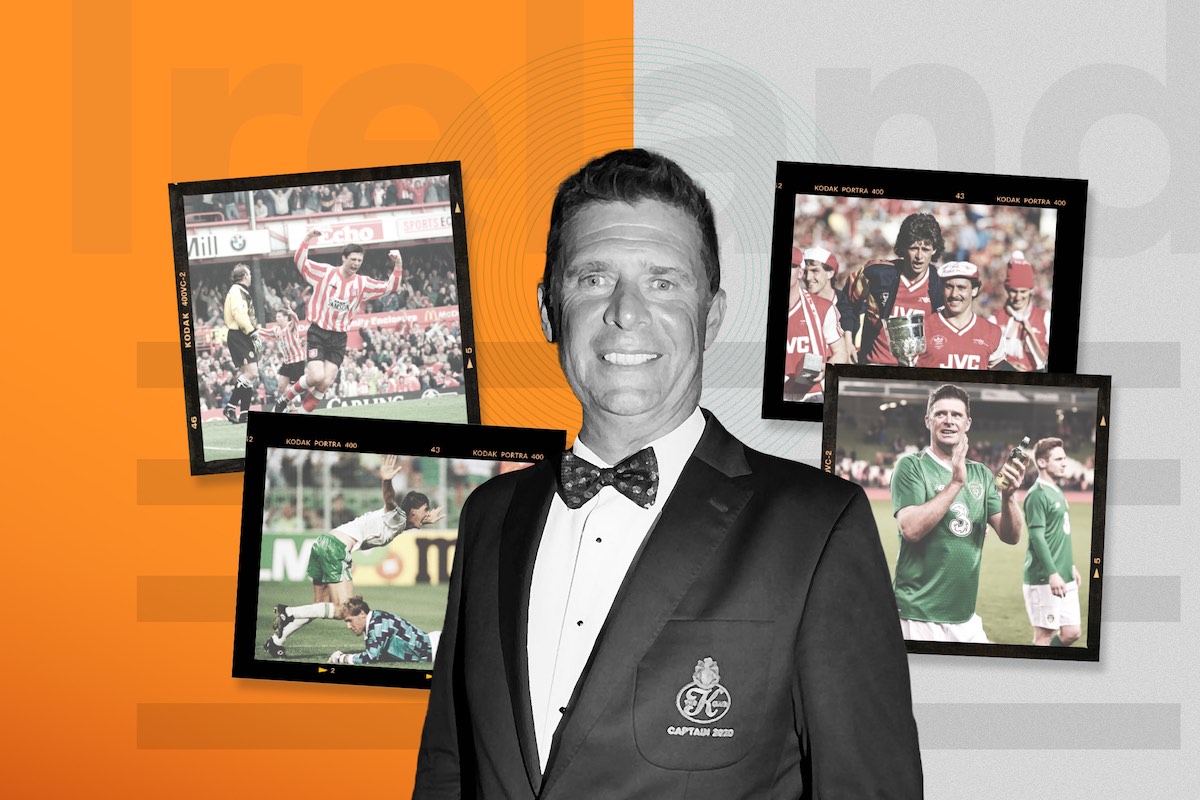



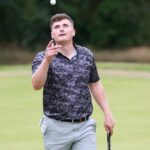
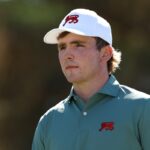

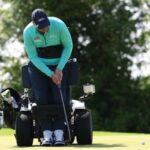
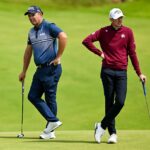
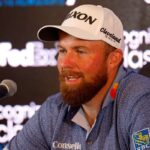

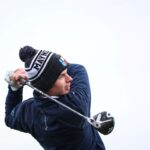

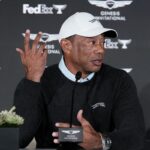


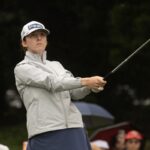
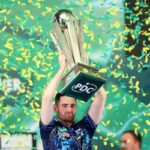
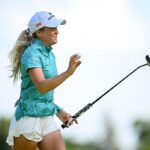



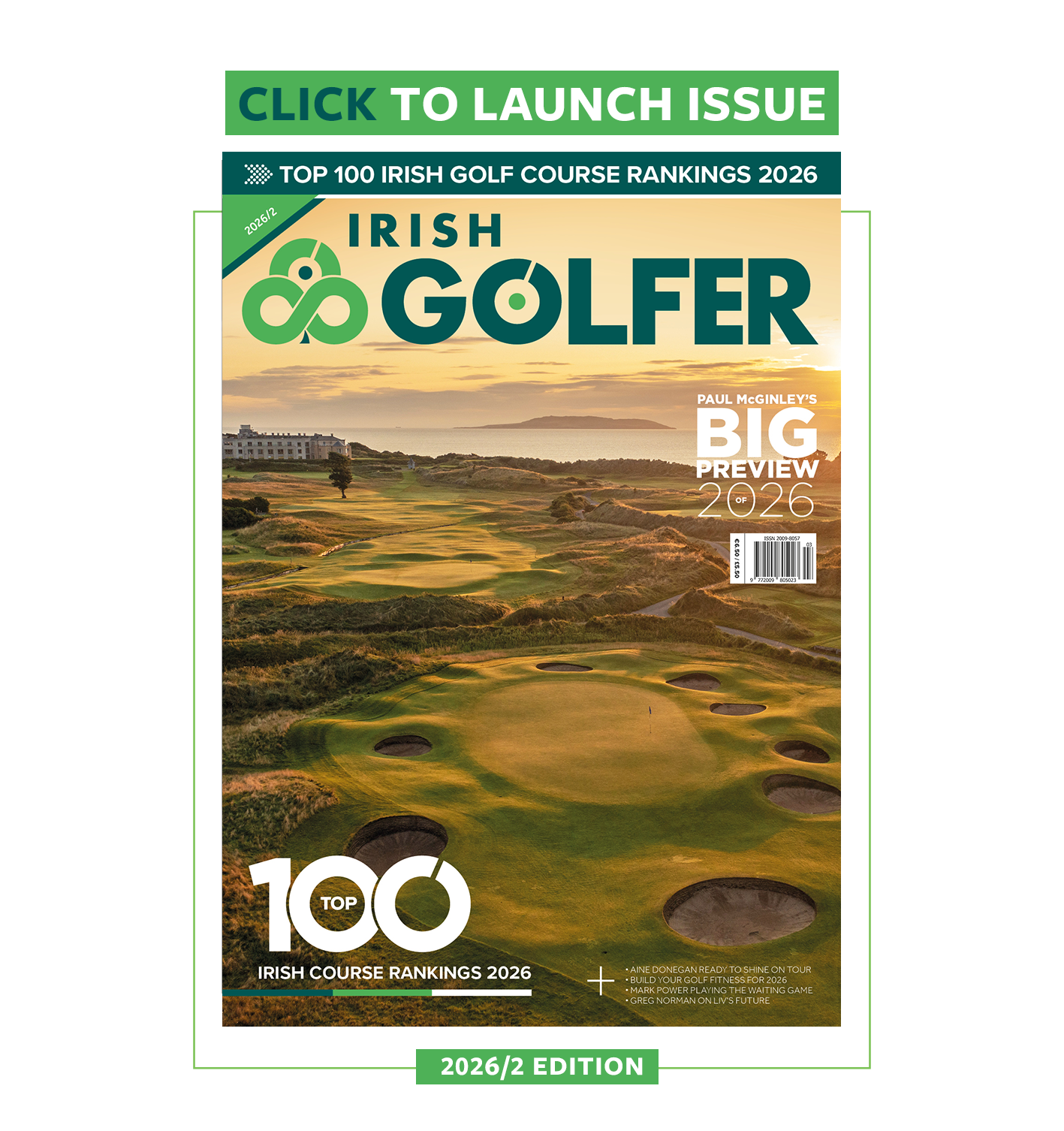
Leave a comment